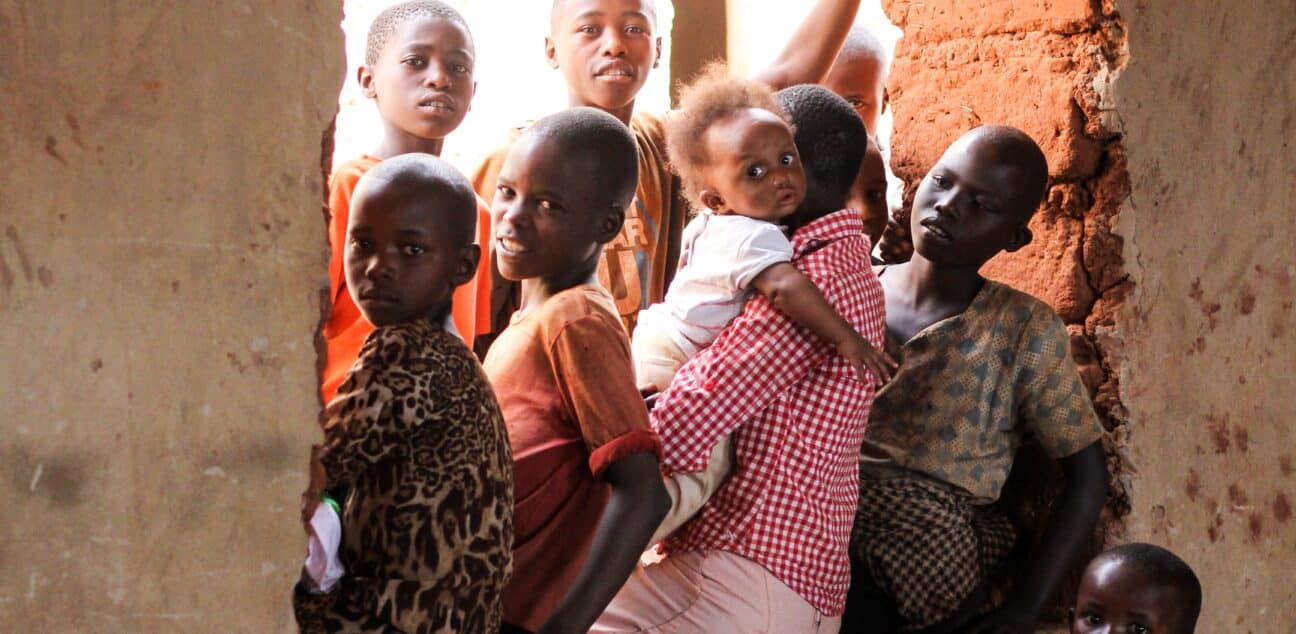Languages matter if we are serious about inclusion
For those who speak and work in different languages within NGOs, navigating linguistic and cross-cultural communications issues is an obvious part of their everyday interaction with partners, communities and colleagues, wherever they are and whatever language they speak.
Yet, languages seem to be fairly invisible in NGO policy. What are the implications of ignoring language in development practice? How can we change this?
Drawing on the Listening Zones research project, here are five arguments to help NGOs get buy-in for investment in languages.
1. Failure to consider language and culture is the ultimate barrier to inclusion
Language can marginalise. This came through strongly in the research findings and conference: “Failure to consider language and culture leads to exclusion”. If we are serious about achieving the 2030 Agenda, and particularly about leaving no one behind, we need to tackle the contradictory role of English within multi-cultural and multilingual international organisations.
While English is a valued lingua franca in the globalisation and digital age, English can also act as the ultimate barrier to inclusion when its use is assumed to be appropriate in all contexts. Finding the best language or languages to use at different levels is a delicate balancing act that INGOs and national NGOs grapple with continuously.
What can INGOs do?
Examine deeply the linguistic and communications practices and needs of the most excluded. Do your language practices and communications strategies include or exclude? Consider languages spoken, disability, gender, literacy, and social stigma, and explore creative ways to reach them in your programme design, including through sign language, braille, the arts and digital media.
2. Respect for local language and culture is part of the Grand Bargain
To achieve commitments such as the localisation agenda and the Grand Bargain [PDF], individuals and organisations need to put language onto the agenda. Small and local organisations doing essential work can be side-lined within international debates and can struggle to access international funding because they are not fluent in the jargon and language of donors and INGOs.
What can INGOs do?
Advocate for donors to take language exclusion seriously in international debates and funding processes. Lead the way by enabling local actors to speak and engage with decision-makers and funders themselves.
Subscribe to our newsletter
Our weekly email newsletter, Network News, is an indispensable weekly digest of the latest updates on funding, jobs, resources, news and learning opportunities in the international development sector.
Get Network News3. “No cultural respect, no effect”1
The impact and effectiveness of interventions can be diminished if there is poor comprehension and engagement by actors in the development process. Horizontal accountability requires better understanding of how languages and culture affect power relations.
Many INGO workers consciously seek to better understand the people they are working with and the geographical and linguistic contexts they are working in, but are also constrained by technocratic development agendas and a heavily results-oriented funding environment.
What can INGOs do?
Ensure that the design of monitoring and evaluations systems takes account of language and cultural difference. If an indicator or method cannot be translated easily, then the quality of data could be compromised.
4. Investing in languages represents value for money
Budgeting for language needs is often an afterthought and considered an expensive luxury. However, the research findings – and particularly the views of the Southern NGO research partners – suggest that the impact of interventions is greater when languages and cultural considerations are taken into account. Failure to budget adequately for translation and interpretation could be a false economy.
A lack of consideration around language can replicate power structures, create all sorts of logistical mishaps and ultimately result in missed opportunities to create change.
Isobel Wilson-Cleary, DHA Communications, 27 June 2018
What can INGOs do?
Budget and plan adequately for the technical specialist skills required for high-quality, culturally-sensitive translation, interpretation and communications. If relying on multilingual staff, recognise and value their work, and provide the tools they need to do this well. There are also specialist organisations which support NGOs, such as Translators without Borders. Volunteer matching services may be another option.
5. Ignoring language and culture leaves NGOs open to risk
INGOs run the risk of mistakes and misunderstandings by failing to consider language and cultural knowledge. We need to recognise that only if a code and policy is accessible and understood by beneficiaries, local staff, partners and volunteers can it be upheld.
What can INGOs do?
Ensure that policies and guidance are made available and/or communicated in local languages, taking into account contextual factors and sensibilities.
Be inspired
The project highlighted inspiring examples of good practice from INGOs, funders and language intermediaries that are acutely aware of the power of language. After all development is about people and development is for all. We encourage these individuals and organisations to continue championing language issues and pushing for improvements in their own policy and practice as well as that of donors, policy- and decision- makers.
Notes
1 – Cindy Krose, Capital Humano y Social Alternativo, Peru, 27 June 2018
Funded by the Arts and Humanities Research Council (AHRC), the “Listening Zones” was an inter-disciplinary study conducted between June 2015 and June 2018 by the Universities of Reading and Portsmouth in partnership with INTRAC. For more information visit project web-pages at the University of Reading and INTRAC.
Interested in taking forward recommendations from the project? Complete INTRAC’s two-question survey.
This is an adapted version of an original blog on INTRAC’s website.



